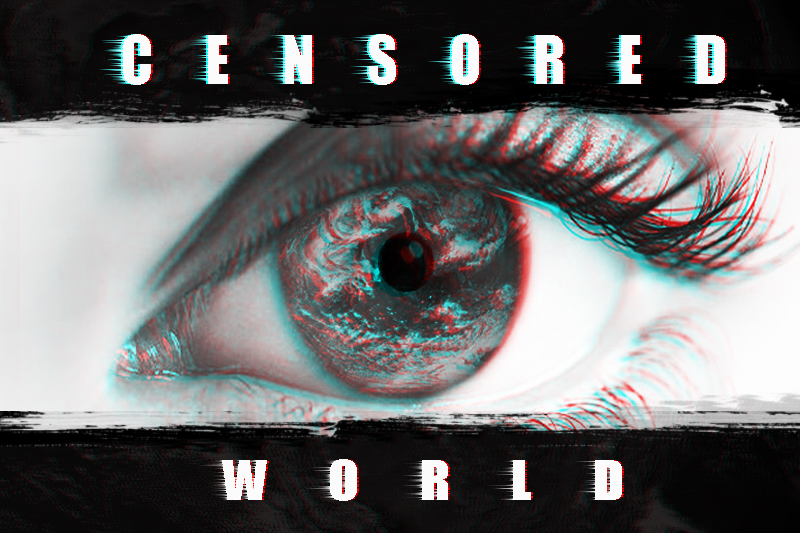Censorship is everywhere in the media. Some of it you may not even notice, but it really does affect how a story can be told. The biggest responsibility that a reporter has is to write the truth, but we sometimes have to avoid certain words or statements for the sake of the public.
Speaking to the public is a delicate operation; everyone has a different level of sensitivity and a varying tolerance to controversial information. Some people can take on a lot of things and not be phased at all, while others can be sensitive, offended, or put off by certain topics. Writers have to appeal to as many people as possible, so we simply cannot appeal to one group or the other. Most people feel comfortable reading about controversial topics, so writers generally appeal to those that are not offended too easily. Here on Metea Media, we only cover a few controversial stories here and there. This is mostly due to the fact that our site is affiliated with a public school, but also because we want Metea Media to be a positive site that you look forward to visiting.
Not everything is a “Should we or should we not?” argument, as some things we simply cannot go into detail about or the sake of the viewer. Graphic or gruesome details of a crime cannot be explained, but can be mentioned to not take away from the importance of a story. Sometimes, people included in an article wish to not be mentioned by name to stay anonymous. It is a reporter’s duty to keep personal information private if they are asked. It’s very common for an interviewed person to wish to stay anonymous if they are asked about a controversial subject, especially if their opinion is not a popular one. In this case, the situation is more of a separation of personal and public information than actual censorship.
While censorship as a whole is not a bad thing, it can be abused to hide information from the public. Purposely hiding thoughts or facts rarely happens in today’s world. With the widespread use of social media and the popularity of the cell phone, news gets around very fast. We are a planet of people that always wants to know more and more, especially about what is happening in the world around us.
Censorship from government is most notable in China and North Korea, the latter being so strict to the point of completely being cut off from the outside world. In China, popular websites like Google, YouTube, Twitter, and even Wikipedia are blocked. Some view the censorship occurring in China as a violation of human rights, specifically quoting Article 19 of the Universal Declaration of Human Rights. Article 19 states that “everyone has the right to freedom of opinion and expression; this right includes freedom to hold opinions without interference and to seek, receive and impart information and ideas through any media and regardless of frontiers.”
People have a natural will to know more. Just as students here use VPNs to bypass their school’s firewall (although often for a much less important reason), people in China use them to bypass their own country’s nation-wide firewall to learn about information being blocked by their government and the media. The drive to learn is a powerful one; if there is a will, there is a way.




some dude • Oct 6, 2016 at 10:31 am
Journalists choosing to not put certain material in their content isn’t “censorship.”
Shuuya-Chan • Oct 7, 2016 at 7:36 am
I agree, but that’s not the point of this article. Read it again and then reply.
Undergrounder • Oct 5, 2016 at 1:22 pm
The only thing I have to say is:
Did you take “The good, the bad, and the ugly” from Game Informer?
Evan Hart • Oct 5, 2016 at 12:03 pm
This article really offends me. ;(
Shuuya-Chan • Oct 7, 2016 at 7:42 am
It’s just like life. Nowadays, everyone is complaining about how something is “offensive”, although no one should be affected that way by the subject.
Like censorship, it can and is abused. The word “offended” doesn’t mean “sad”.
There is no excuse for this. Unless you give me quality reasons you are truly “offended”, not only me, but many other people will not take you seriously, Evan.